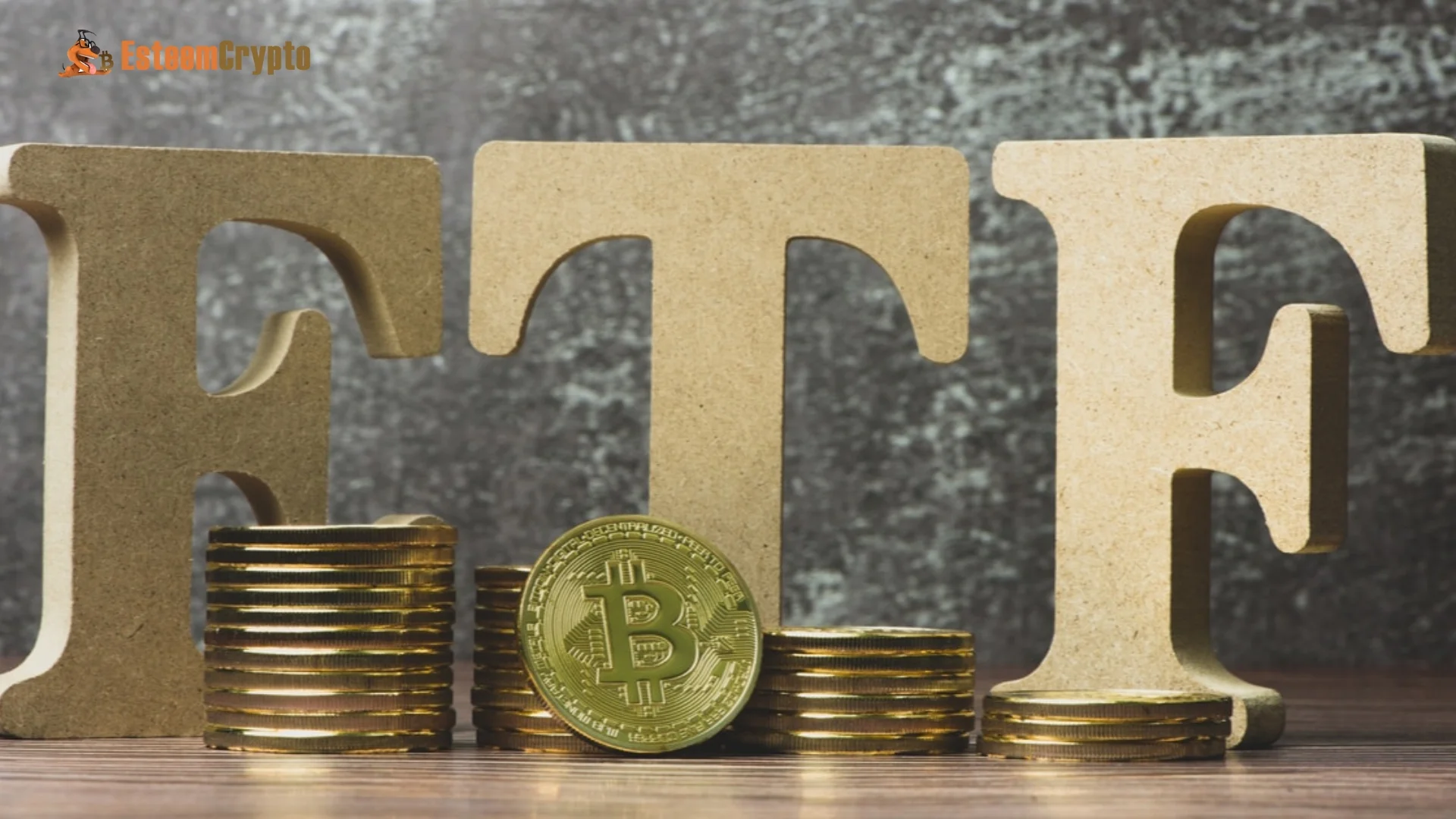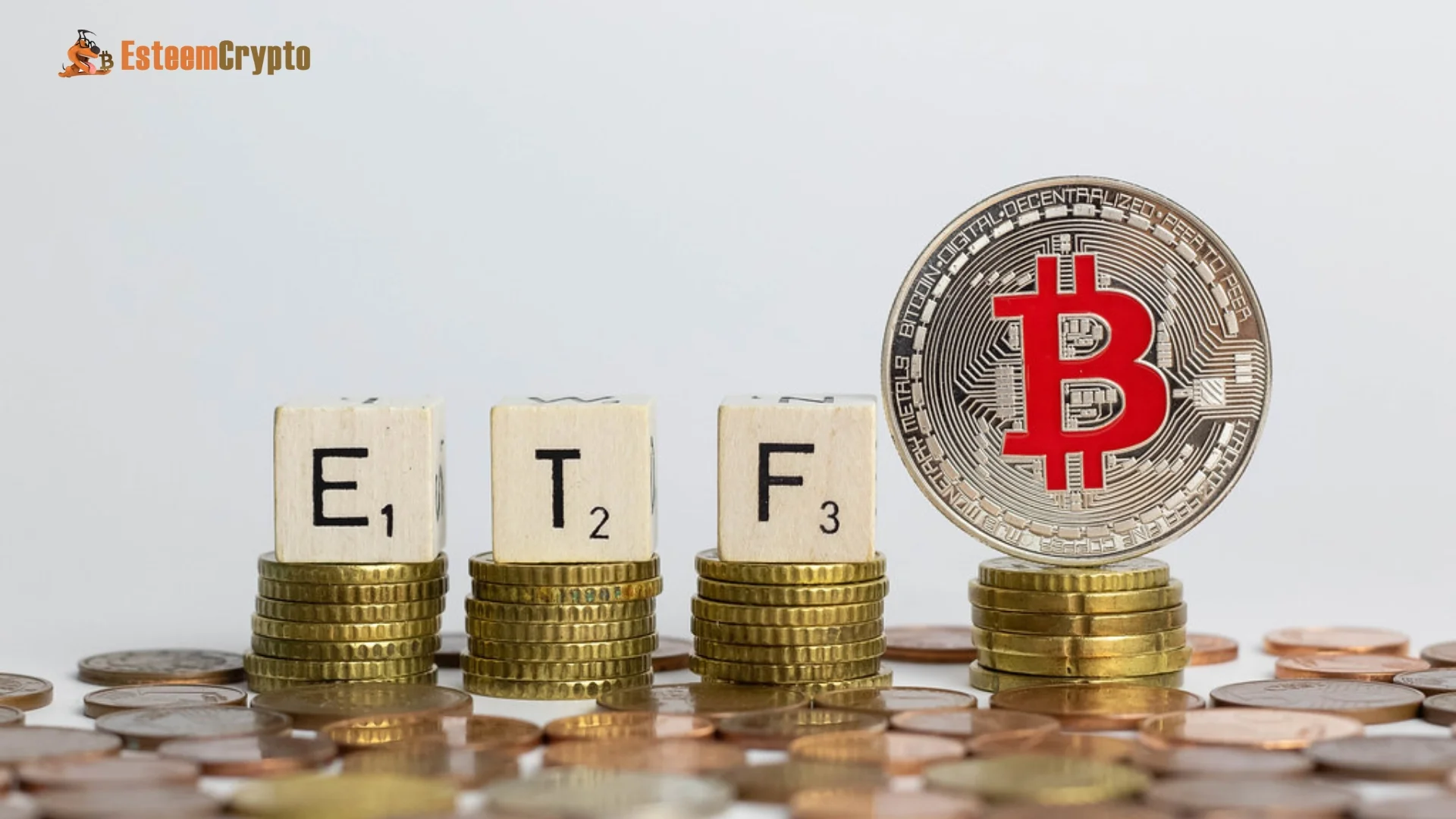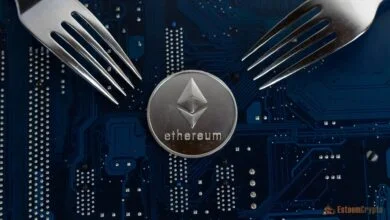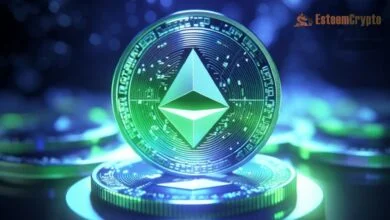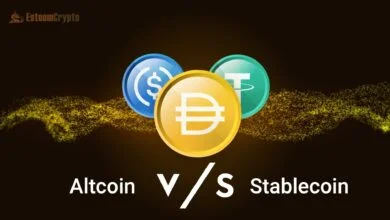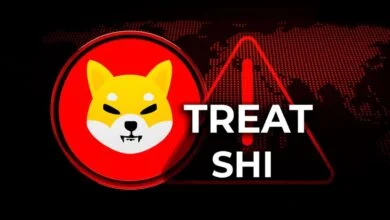Approval of the Solana ETF is “very sensitive” to the US election

Approval of the Solana ETF. After the 2024 U.S. presidential election, political shifts may make the possibility of another cryptocurrency ETF in the US more or less specific. Despite the SEC’s May 23 approval for fund managers to list spot Ether ETH $3,671 ETFs, this is still happening. The introduction of the Ether ETFs is still “it will take time,” according to SEC Chair Gary Gensler. However, speculation has already started regarding the next crypto ETF, with Solana’s SOL $159 being a leading candidate.
Cointelegraph spoke with Ophelia Snyder of 21.co, a sponsor and subadviser for ARK Invest’s spot Ether ETF, who cautioned that investors shouldn’t have their hopes set too high for future altcoin ETFs despite the general excitement over the prospect of more crypto ETFs. However, the enormous demand from institutional investors for altcoin ETFs may encourage ETF issuers to submit applications, such as with Ethereum ETFs and spot Bitcoin BTC at $69,407.
According to research from CoinShares, a digital asset alternative asset manager, hedge funds and investment managers have significantly increased their holdings of altcoins, particularly Solana. With approximately $990 million in assets under management, Snyder highlighted the substantial interest in 21.co’s Solana exchange-traded product (ETP) on European platforms.
Regarding potential future exchange-traded funds, the SEC has not indicated any interest in other cryptocurrencies. It was already a bitter pill for the commission to approve spot Ethereum ETFs. The SEC’s acceptance of a cryptocurrency ETF might be even more elusive, although that could alter depending on many things.
U.S. Elections May Boost Cryptocurrency ETF Approvals
Bitcoin, Ether, and altcoin ETFs are global. U.S. regulations are stricter. Snyder said the SEC doesn’t care about foreign altcoin ETFs because “U.S. regulators tend not to rely on foreign regulators.” Bloomberg ETF expert Eric Balchunas explained that the SEC has a set timeframe for approving ETFs, which might take years for another cryptocurrency ETF.
The SEC used Chicago Mercantile Exchange (CME) data to evaluate the correlation with spot prices on Coinbase and Kraken to assess market integrity. Crypto data business CCData research lead Joshua de Vos said, “The analysis used a 32-month sample, which required significant asset tenure on CME.”
Balchunas said current U.S. regulators would “probably follow the same process” of requiring CME futures trading to track crypto asset prices. No future altcoin ETFs have been listed in the U.S. Thus, a spot altcoin ETF may take a while. Balchunas noted, “There’s a huge variable here: the U.S. election.”
With crypto regulation becoming a political issue, the Nov. 5, 2024, U.S. elections could affect altcoin ETFs. In response to President Joe Biden’s anti-crypto stance on U.S. crypto regulation, Donald Trump emerged as a pro-crypto contender.
Balchunas said Trump might go “really liberal on crypto and support it with everything,” as promised if elected. Balchunas said Trump may appoint “a new SEC commissioner who doesn’t care” about the SEC’s recent spot ETF approval procedure, which relied on futures data.
If Trump wins, Balchunas expects ETF issuers to apply for new crypto ETFs in droves: “If Trump wins, I suspect people will test the waters and try all kinds of stuff [ETFs].” However, Balchunas feels that “if Democrats keep on power, it’s unlikely there’ll be an altcoin ETF,” even if Biden replaces Gensler with another Democrat as SEC chair.
An altcoin ETF in the U.S. is unlikely in 2024 because the elected president takes office in January 2025. Besides the U.S. elections, ETF approval requires specific criteria: liquidity, decentralization, price manipulation resistance, and regulatory classification.
Price Manipulation in Altcoin Markets
When compared to other cryptocurrencies, Bitcoin and Ether have far greater market caps. According to Balchunas, this is an issue for exchange-traded funds (ETFs) because “the smaller the market gets, the bigger the chance for price manipulation.”
According to CCData’s de Vos, “the altcoin market is prone to market manipulation as the markets are still very nascent,” given the current state of affairs. But manipulating prices might not be a huge problem after all.
According to De Vos, the SEC “reluctantly approved” spot Bitcoin ETFs after many rejections triggered by worries about market manipulation. “Just because there’s a little price manipulation or the price moves and swings a lot doesn’t mean you cannot have an ETF,” Balchunas added, indicating that ETFs might withstand some price manipulation.
He gave the example of a few active exchange-traded funds (ETFs) with GameStop as their most prominent position. This manipulation of the GameStop stock price has been built up, but these ETFs continue to trade.
Can ETFs Support Low-Liquidity Cryptos?
Because of their lesser volume than Bitcoin or Ethereum, altcoin markets also lack liquidity. An altcoin requires a large market size and daily trading volume to be eligible for an ETF, according to Sebastian Heine, chief risk and compliance officer at Northstake.
Balchunas clarified the existence of an ETF with little liquidity. Aside from trash bond ETFs, he mentioned that “the biggest ones don’t even trade daily.” There may be exchange-traded funds (ETFs) that have poor liquidity, and that’s a concern.
When liquidity is low, Balchunas says premiums and discounts are the main issues. This hurts the ETF since it could provide a price different from the underlying asset. Market makers can now help prevent arbitrage gaps. According to Alexis Sirkia, founder and ex-CEO of GSR, established altcoin marketplaces like Solana should have no trouble guaranteeing liquidity.
Introducing an ETF would “attract market makers from other markets, leading to an overall improvement in liquidity and the market.” Lower liquidity measures may not be enough for a unique ETF to cover altcoins with smaller markets. Thus, alternative cryptocurrencies could be a viable choice.
According to Justin d’Anethan, Keyrock’s head of business development, they must combine several alternative cryptocurrencies to create a long-term ETF. “Ethereum layer-2 ETF or maybe even a meme coin ETF” might be on the cards, according to him.
Despite this, cryptocurrency baskets don’t appear to be popular among investors. “More demand for single asset trackers” than cryptocurrency baskets on sale, according to Snyder of 21.co. Because U.S. ETF wrappers would likely necessitate “additional regulatory engagement,” she said, it’s highly improbable that an ETF holding a basket of cryptocurrencies will be approved.
Also Read: Shibarium dev Warns on Exaggerated TREAT Token
Is a Solana ETF Likely?
Since Solana has the most significant market value among altcoins, Snyder claims it should be the next exchange-traded fund (ETF). Nonetheless, centralization is a problem for Solana.
De Vos said their cryptocurrency ESG Benchmark index took decentralized indicators, including the Nakamoto coefficient, the kind of governance structure, and the proportion of coins in the top ten Solana wallets, into account when assigning scores.
Regarding decentralization, Solana isn’t even in the top ten, according to CCData. According to De Vos, the top 10 holders of Solana control 7.29 percent of the supply and are crucial to the price movement.
Several altcoins have the issue of a few wallets holding a disproportionate quantity of Solana. CDC data reports that the top ten wallets contain 5.58% of XRP ($0.50), 4.88% of Stellar Lumens ($0.099), and 3.90% of Chainlink ($15.94). According to Blockcircle CEO Basel Ismail’s interview, a small group supports Solana business validators the most, and if they combine, they might harm the network.
Ismail further said that Solana has experienced repeated outages, which have halted trade, and provided no indication of when the blockchain will be active again. Before considering an ETF, he demanded this be handled.
If the current authorities fail to take over after the upcoming elections, Solana ETF will face significant challenges in securing a position. After the SEC’s precise classification of Solana as a security, “that makes it very unlikely for a spot ETF to be approved until clarity arises on their treatment,” as de Vos put it.
Although Solana’s market valuation and volume are sufficient to warrant an ETF, the cryptocurrency may, like other altcoins, have to strengthen its foundations in order to pass the present legal hurdles in the United States and become a practical choice for an ETF.
